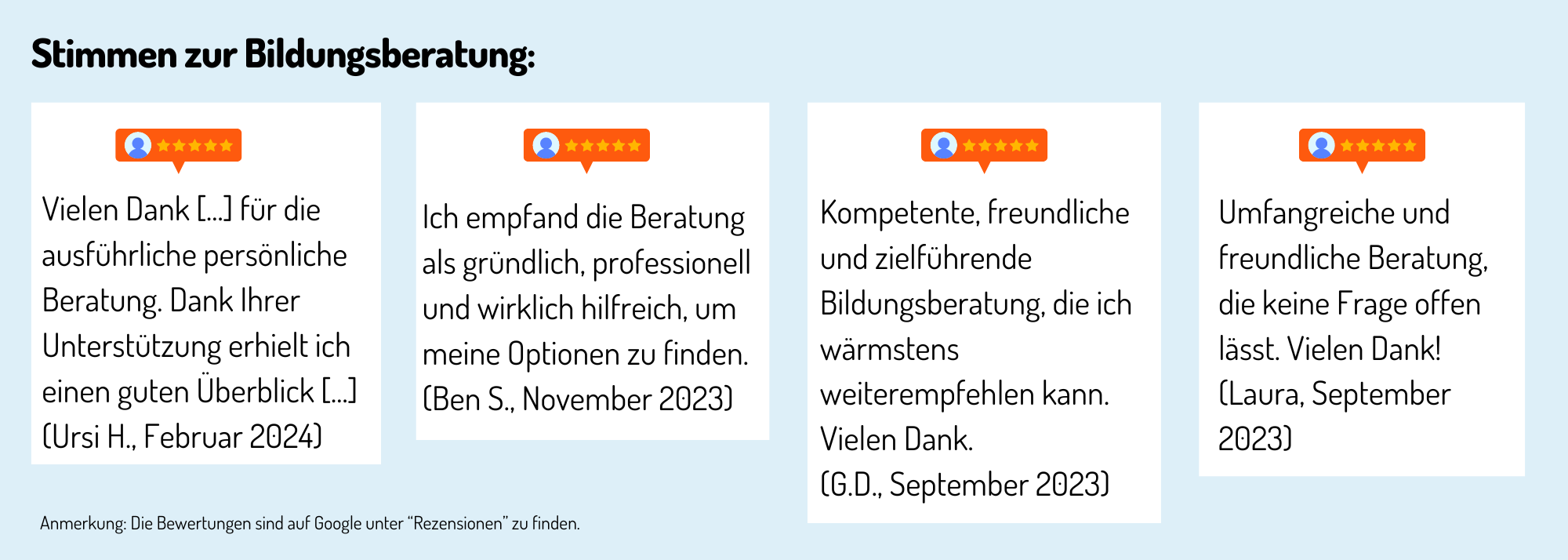Geomatics: Training, information, overview of providers
Are you looking for a suitable provider for your Bachelor's degree in Geomatics? Here you will find suitable schools as well as further information, tips and resources for further education.
Would you like personal advice on the offer? Contact the provider of your choice via the "Free information on the topic..." button - without obligation, quickly and easily.
Tipps und Entscheidungshilfen für die Ausbildungswahl
Geomatics deals with precise information about space, its characteristics and use. The information is used for the efficient and reliable use of spaces, as this is the only way to assess the consequences for further use. Professionals record and process the essential spatial information or a defined area and present it, for example with graphics or statistics, so that it can be used appropriately. In geomatics, accurate and qualitative work is a prerequisite so that decisions on the use of space can be made and successfully implemented.
Complete a Bachelor's degree in this subject and train to become an expert engineer. You will deal with spatial surveying and the processing of geoinformation at a high level. You will know and master mathematical and scientific basics and combine various technologies for the acquisition and evaluation of geoinformation. You work at the interface between geoinformatics and geodesy, but are also familiar with cartography and geography.
The prerequisite for admission to the Bachelor of Science in Geomatics course at a Swiss university of applied sciences (UAS) is a completed apprenticeship as a geomatics technician and a vocational baccalaureate. You can find offers, further information and universities of applied sciences for this challenging Bachelor's course at Ausbildung-Weiterbildung.ch.
Questions and answers
Erfahrungen, Bewertungen und Meinungen zur Ausbildung / Weiterbildung
Haven't found the right training or further education yet? Benefit from educational advice now!
Further training is not only important in order to maintain or increase professional attractiveness, investing in training or further training is still the most efficient way to increase the chances of a pay rise.
The Swiss education system offers a wide range of individual training and further education opportunities - depending on your personal level of education, professional experience and educational goals.
Choosing the right educational offer is not easy for many prospective students.
Which training and further education is the right one for my path?
Our education advisory team will guide you through the "education jungle", providing specific input and relevant background information to help you choose the right offer.
Your advantages:
You will receive
- Suggestions for suitable courses, seminars or training programs based on the information you provide in the questionnaire
- An overview of the different levels and types of education
- Information about the Swiss education system
We offer our educational counseling in the following languages on request: French, Italian, English
Register now and concretize your training plans.




